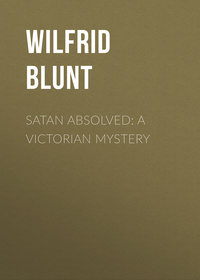Secret History of the English Occupation of Egypt
 полная версия
полная версияSecret History of the English Occupation of Egypt
Жанр: историческая литературазарубежная классиказарубежная старинная литературасерьезное чтениеоб истории серьезно
Язык: Английский
Год издания: 2017
Добавлена:
Настройки чтения
Размер шрифта
Высота строк
Поля




